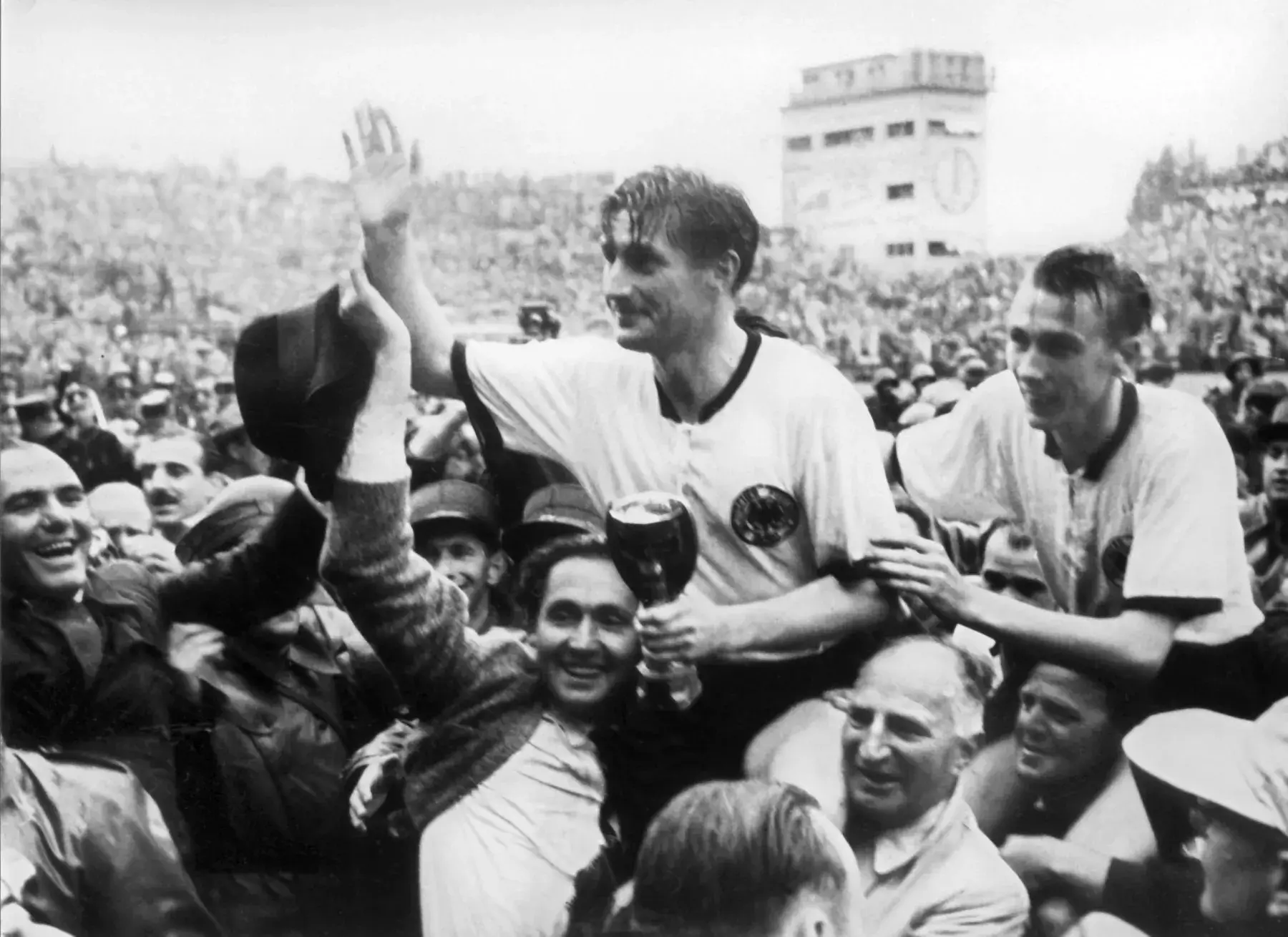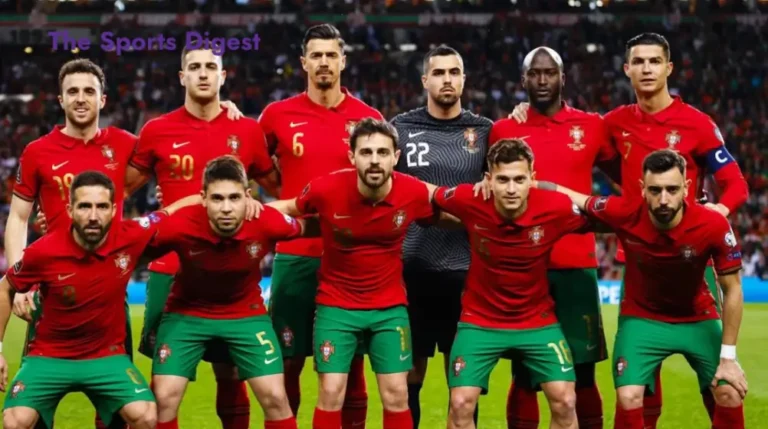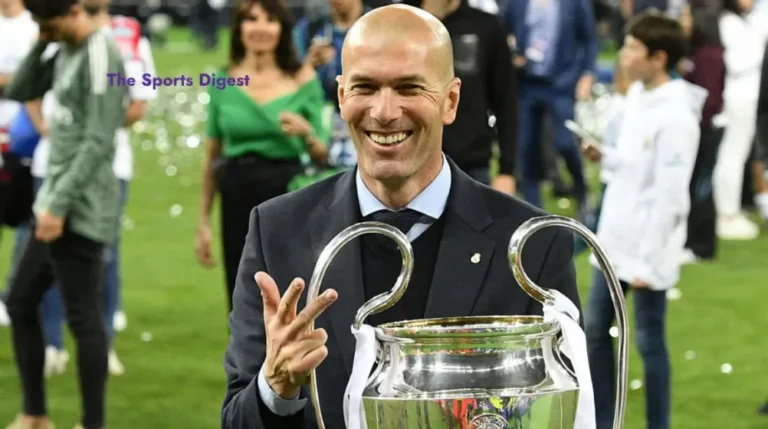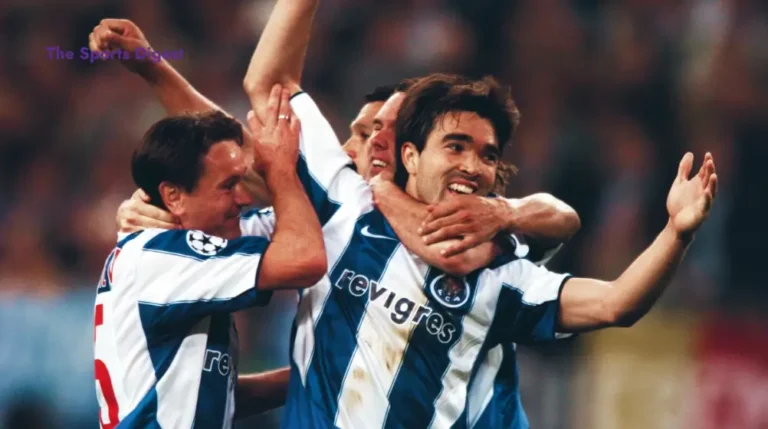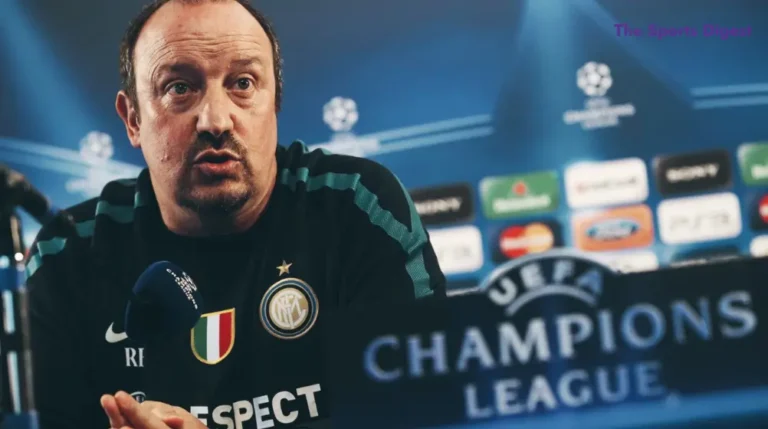Walter & Beckenbauer: Legends
In the annals of football history, few nations owe as much to individual players as Germany does to Walter & Beckenbauer—Fritz Walter and Franz Beckenbauer. These two legendary figures didn’t just win World Cups—they reshaped a broken nation, inspired millions, and laid the foundation for Germany’s footballing dynasty. Their stories are not just about goals and tactics—they’re about leadership, unity, and the power of sport to heal and elevate a people.
Table of Contents
Walter & Beckenbauer: Fritz Walter The Icon Who United Post-War Germany
In 1954, a divided, devastated Germany found unexpected redemption on a football pitch in Switzerland. At the heart of the now-mythical “Miracle of Bern” stood Fritz Walter, the captain and soul of West Germany’s national team. He wasn’t just a footballer—he was a symbol of hope, a unifying figure for a country still reeling from the trauma of World War II.
A Captain in Troubled Times
Born in 1920, Fritz Walter’s football career was interrupted by war, during which he served in the German army and was later held as a prisoner of war. His survival and eventual return home seemed improbable. But what followed was even more remarkable: he became the leader of a national team that offered Germany a new beginning.
By 1954, the country was split politically and socially, its people unsure of their place in the world. The World Cup that year was not just a sporting event—it was a chance for national rehabilitation. And under Walter’s leadership, the team delivered. The 3-2 comeback victory against the heavily favored Hungarian team in the final stunned the world and instantly elevated Walter to national hero status.
A Leader Beyond Skill
Fritz Walter was more than just technically gifted—though his precise passing, calm composure, and intelligent play made him one of the best of his time. What made him truly irreplaceable was his leadership and humility. He was the kind of captain who led by example, a man of quiet dignity and profound character.
He wasn’t boastful. He wasn’t flashy. Instead, he embodied the values of resilience, unity, and teamwork—qualities desperately needed by his fractured homeland. His love for the game was pure, and his influence in the dressing room and on the field helped others rise to their potential. Teammates played better when Fritz was there—not just because of his skill, but because of what he represented.
The Miracle of Bern: More Than a Match
The 1954 World Cup win, led by Walter, was quickly dubbed the “Miracle of Bern.” For Germans, it felt like a divine sign that they could move forward—that dignity, pride, and joy were still possible after the horrors of war. The impact went far beyond football. Sociologists and historians point to that victory as a key moment in Germany’s psychological rebirth, a national turning point in the post-war era.
Even decades later, Walter’s name resonates. Stadiums are named after him. His story is taught in schools. And above all, his legacy as the captain who united a broken nation remains unchallenged.
Walter & Beckenbauer: Franz Beckenbauer The Emperor Who Ruled the Game
If Fritz Walter symbolized healing and rebirth, Franz Beckenbauer stood for excellence, innovation, and confidence. Nicknamed “Der Kaiser” (The Emperor), Beckenbauer didn’t just win titles—he redefined what it meant to be a footballer in Germany.
A Boy from Munich With Royal Talent
Born in 1945, Beckenbauer grew up in Munich during the hard post-war years. Though he initially supported 1860 Munich, a disagreement in a youth match led him to switch allegiances to Bayern Munich, the club that would define his career.
From a young age, it was clear Beckenbauer was special. Initially playing as a midfielder, he showed a rare combination of technical finesse, tactical intelligence, and unshakable composure. In one season before Bayern reached Bundesliga status, he scored 17 goals from midfield, a testament to his all-around ability.
But it was his move to defense that would change football forever.
The Invention of the Libero
In the heart of defense, Beckenbauer created a role that had never been seen before. He didn’t just stop attacks—he started them. As a libero, or “sweeper,” he would carry the ball forward, dictate tempo, and even join attacks. His grace on the ball, his vision, and his leadership created a new blueprint for defenders.
He wasn’t just the last line of defense—he was the first line of offense.
No player before had played the position the way he did. And no one did it with quite the same elegance and authority. Watching Beckenbauer play was like watching a chess grandmaster dominate a game with casual ease. He could read the game three steps ahead and move accordingly, directing his teammates with the calm of a general.
World Cup Glory and Tactical Brilliance
By the time Germany hosted the 1974 World Cup, Beckenbauer was at the peak of his powers. Leading a side that included Gerd Müller and Paul Breitner, Beckenbauer captained Germany to a 2-1 victory over Johan Cruyff’s Netherlands in the final. It was a clash of philosophies—Dutch “Total Football” vs German precision and resolve—and it was Beckenbauer who led his team to triumph.
He became the only player to captain and later coach a World Cup-winning team, achieving the latter in 1990. His football mind was matched only by his ability to inspire. Whether on the pitch or from the bench, he was always the axis around which the team revolved.
Legacy Beyond the Field
Beckenbauer didn’t stop influencing football after retirement. As a coach, executive, and ambassador, he played a key role in shaping modern German football. He was instrumental in Germany’s successful bid to host the 2006 World Cup, another landmark in the country’s sporting history.
His nickname, “Der Kaiser,” reflected not just his dominance, but the grace and dignity with which he ruled the game. His achievements are not merely statistics—they are chapters in the story of how Germany became a football superpower.
Two Icons, One Nation Reborn
Together, Fritz Walter and Franz Beckenbauer represent the twin pillars of Germany’s footballing heritage. Walter helped the nation heal and believe again. Beckenbauer showed it could rise to dominate with style and confidence.
Their impact went beyond trophies and accolades. They reshaped the identity of German football—from a team of underdogs seeking redemption to a powerhouse of discipline, skill, and ambition.
Fritz Walter will always be remembered as the quiet hero who led his people out of darkness. Franz Beckenbauer will forever be known as the elegant emperor who built a kingdom of football brilliance.
Together, they didn’t just shape a sport. They shaped a nation.
Have you ever read an article like this?
There are no reviews yet. Be the first one to write one.
